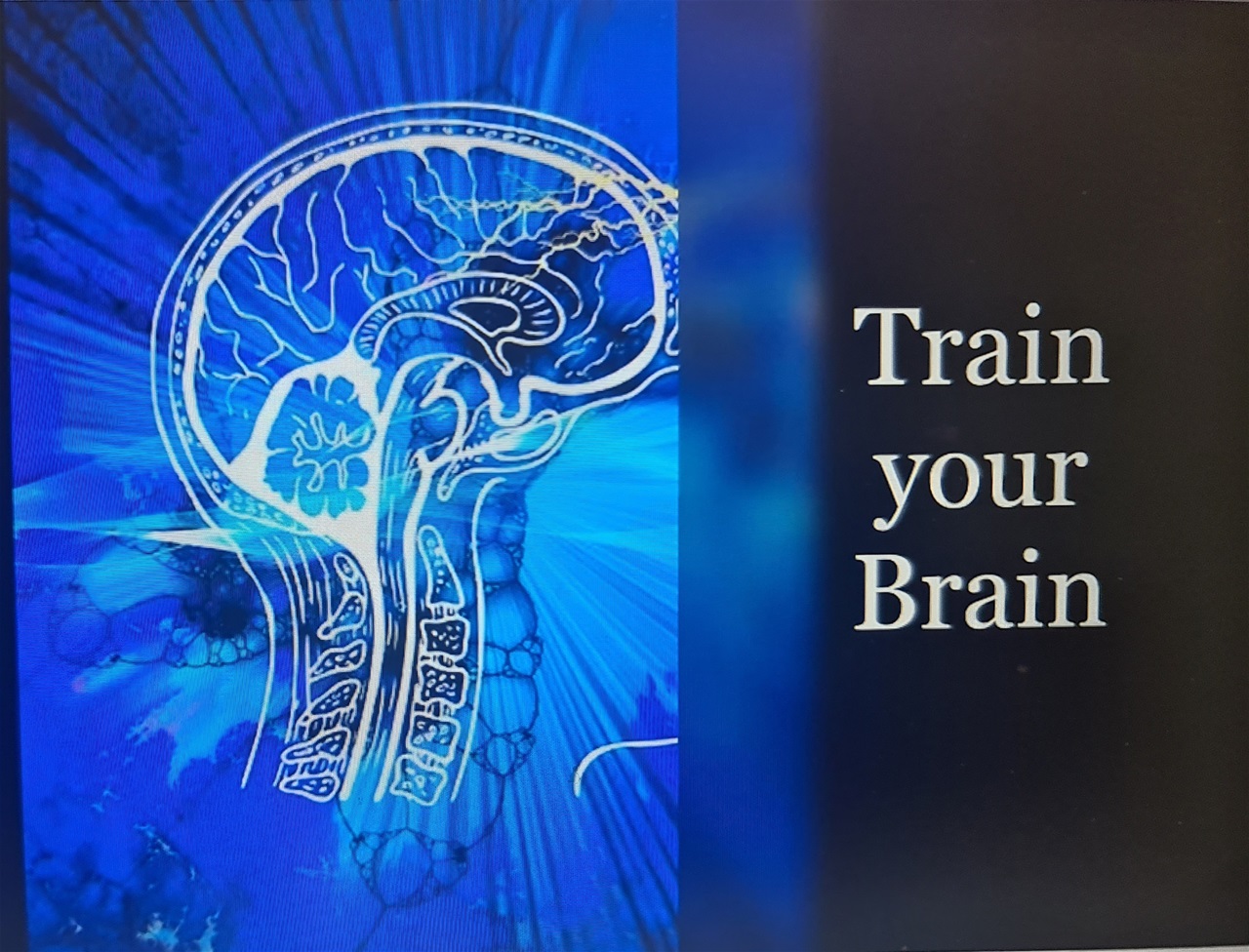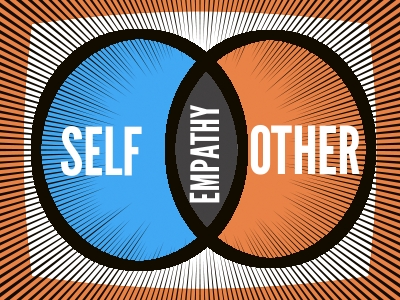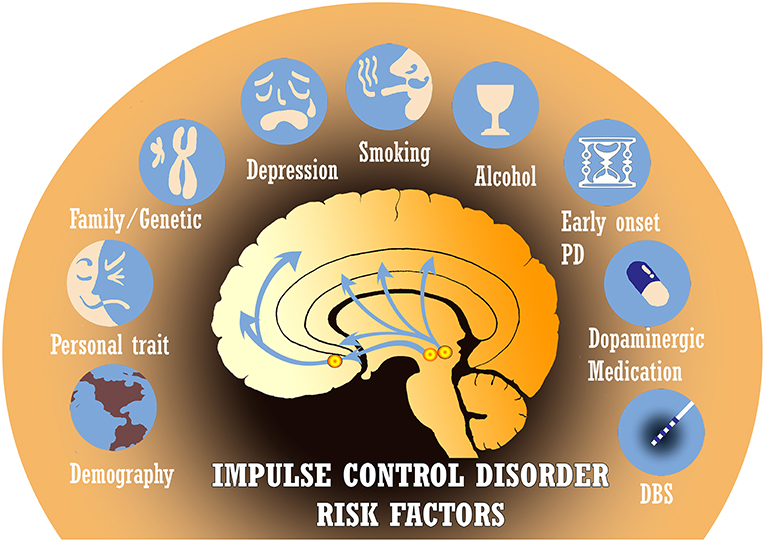
Improve Your Brain's Ability to Be Happy and Successful
Every day, you have approximately 70,000 thoughts. That's 70,000 opportunities to either build yourself up or tear yourself down. You will harm your performance if you call yourself bad names, doubt your abilities, or second-guess your decisions (and most likely put your physical and psychological health at risk). However, the good thing is that you can change your thinking.
Here are five exercises to help you train your brain for happiness and success:
1. Distinguish between ruminating and problem-solving.
Thinking about strategies to help you overcome an obstacle is beneficial, but imagining yourself unable to tolerate pain is not. When you find yourself contemplating something for an extended period, take a moment to consider whether you're contemplating or problem-solving. Then, continue processing if you are actively solving or preventing problems. Change the channel if you're rehashing what's already happened or making dire predictions about things you can't control. Finally, do something to divert your attention away from the problem and keep your mind focused on more productive activities.
2. Give yourself the same advice you would give to a trustworthy friend.
Like most people, you're probably overly critical of yourself. However, criticizing yourself and exaggerating your mistakes will only bring you down. Self-compassion has been linked in studies to everything from improved psychological well-being and body image to increased self-worth and motivation. So, make it a routine to speak to yourself as you would to a trusted friend.
3. Label your feelings.
Most people are uncomfortable discussing or displaying their emotions. As a result, they become detached from their feelings, making it difficult for them to recognize how they feel at any given time. When adults do label their feelings, they frequently do so in a roundabout way: Instead of saying, "I felt sad," someone might say, "I had a lump in my throat," or "my eyes became watery."Alternatively, instead of saying, "I am extremely nervous," someone might prefer to say, "I have butterflies in my stomach. "Every day, take a few minutes to acknowledge your emotional state.
Label your emotions and consider how they are likely to influence your decisions. For example, whether you're sad about something in your personal life or worried about something at work, your emotions will spill over into other areas of your life if you're not aware of them.
4. Contrast your emotions with logic.
Whether you're faced with a difficult financial decision or a family conflict, you'll make the best decisions when you can balance your emotions with logic. Take steps to increase your rational thinking when your emotions are running high. The best way to balance your feelings is to list the benefits and drawbacks of your situation.
5. Emphasize gratitude.
Gratitude has been associated with various physical and psychological benefits, including happiness. According to one study, grateful people are 25% happier. So, make it a habit to express your gratitude over breakfast every morning, or you keep a gratitude journal before bed, train your brain to look for the good in your life. It could be the simplest and most effective way to improve your health. Developing a Positive Mental Attitude Conversations with yourself significantly impact your life.
It's critical to strengthen your mental muscles to reach your full potential. So, exercise your brain every day, and you'll train it to be happy and prosperous over time.
Author
Dr. Saima Mohammed Nawaz
Comments (0)
Categories
Recent posts


Human Psychology & Empathy
2022/05/24
Impulse Control Disorders
2022/05/31
Aviation Industry and Mental Health
2022/04/18
